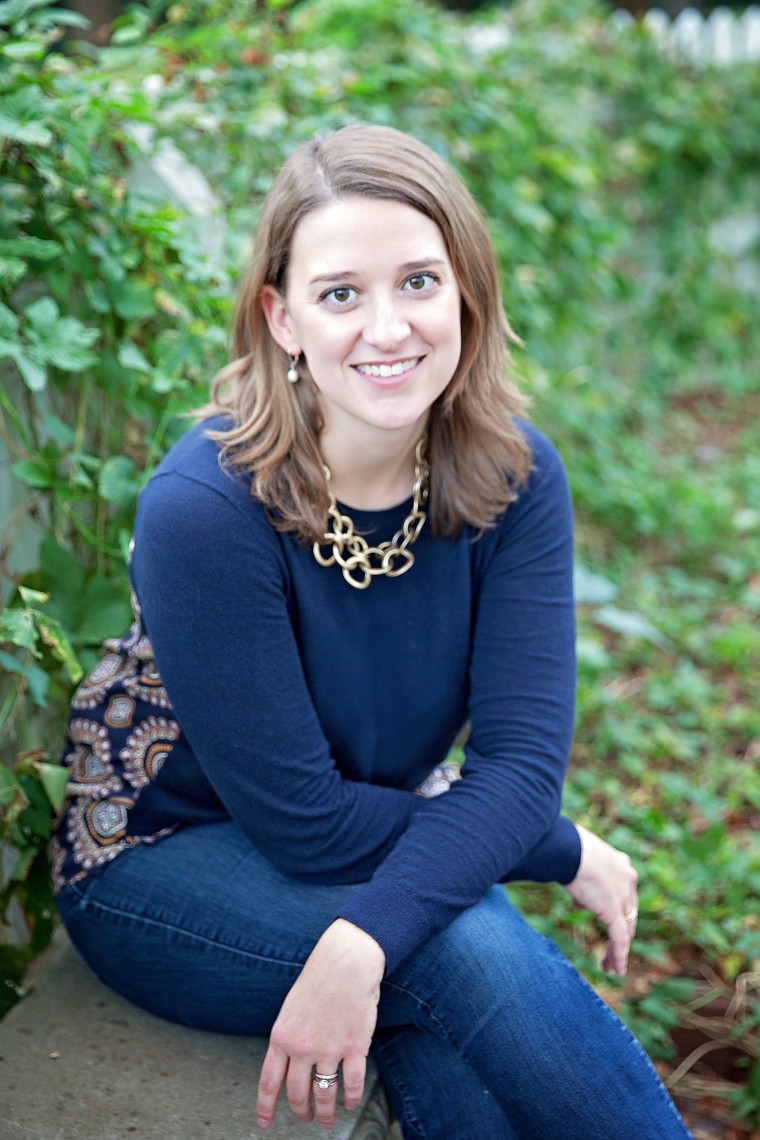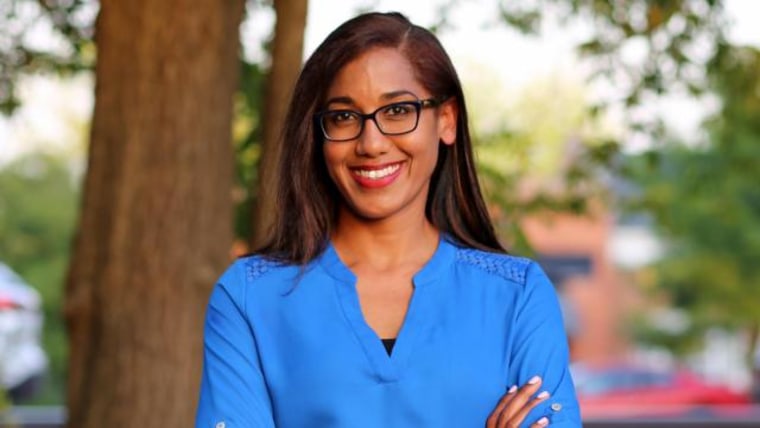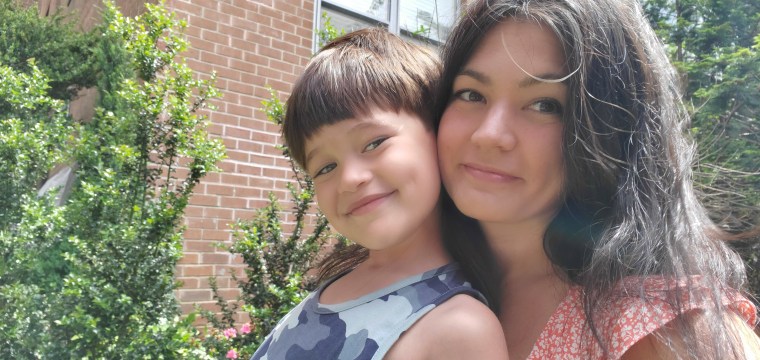Here we are, at the cusp of summer. If your kids aren’t out of school yet, they will be soon. Their year has looked vastly different, and the idea of “normalcy” has been obliterated.
As we stand at the frontier of hot days and hazy boundaries (especially for those who have kids under 12 who are not yet eligible for a Covid-19 vaccine) — there are so many looming questions about our kids and their mental health.
As a mom of a 5-year-old boy, who has been at home with me for the past year, I’ve been wondering, what’s the next chapter going to be like? How is my child going to tolerate being around other kids full-time when he starts kindergarten in September? Has there been any mental health fallout from the past year? How can I set him up for success this summer?
I recently spoke with two renowned mental health experts who are both mothers themselves. Dr. Emily W. King is a child and adolescent psychologist and Sarah Harris is a play therapist who also works with families. Both said that many children in their practices are experiencing higher levels of anxiety. They also gave examples of extraverted children experiencing depression as a result of being socially disconnected from their friends, while kids with body image issues being anxious about going back to in-person learning where they can’t just turn the Zoom camera off and learn passively.

I asked them for guidance on what we can do as parents this summer to anticipate the challenges when school starts again. The takeaway? Parents should take a look at their own mental health first, cherish the tighter bonds we’ve formed with our children this year, and then find ways to create a great experience for their kids that’s subject to all kinds of change.
RELATED: To mask or not to mask: Three doctors answer the big lingering questions
Here’s our conversation, which has been edited for brevity and clarity:
Q: What can we be doing this summer to ease our kids back into “normal” life?
Dr. King: My main advice into the summer [is] notice how you feel as a parent too. Don't just push through your own stress. Pay attention to your worries, your fatigue, your stress, even your dreams. Even if we're not specifically saying it out loud, our energy or panic are felt by our kids …
There is no getting back to normal, because Covid times changed us. We are different people now, and so are our kids. Fifteen months is a long time when you’re talking about a child’s development. Their interests may have changed, their friendships may have changed. Don’t move back. Move forward. You have permission not to just fit back into your life [as it was] before. We all need to reevaluate what we, our kids, and our families need …
Q: My kid was pretty upbeat pre-pandemic, but he's much more anxious and pessimistic these days. The constant complaining is wearing on me. Any suggestions?
Harris: Part of parenting is helping our children to build their emotional intelligence. One of the ways that we can do this is by supporting children in identifying and naming the emotions that they are experiencing. When they are overwhelmed by feelings and want to lash out, hit, or torment their siblings, putting a name to it will help them better manage …
If your child is constantly complaining or melting down, don't jump to timeouts or behavioral techniques. Seek to connect with your child on their level before attempting to correct their behaviors. Remember that emotions drive behaviors, so if you adopt an attitude of genuinely wanting to understand those emotions, carve out space and really listen to what they’re feeling, you’ll be amazed at how the problematic behaviors will lessen.

Dr. King: Clinically speaking, we know that social interaction and exposure to a variety of activities supports child development, but the lack of social interaction and loss of control over everyday life has likely been more impactful than we realize. Re-entry should be phased in. We need to pay attention to our kids' fatigue and irritability. If our kids resist something, there's a reason for it, they're not just being difficult.
So, as we add events and commitments back into our lives, we should phase them in slowly and be considerate about which activities we might want NOT to add back in to keep stress lower.
Q: What can parents be doing this summer to set up our kids for success this fall?
Dr. King: Use the summer to relax and recalibrate. Kids need play, movement and fun. The more laughter the better. If our kids aren't emotionally sound when they return to school in the fall, they won't be able to learn anyway. Send them to school as emotionally well beings, and teachers will teach them.
Some kids may be reluctant to return to school this fall because of their experience this past year. Kids might have been faced with stressors that might trigger a memory from this year, so we need to help them label "Covid school" as its own thing and be trauma specialists for them as they put it behind them.
I’m only recommending formal academic support for kids this summer who want it. Read with your kids, and instill positive associations with it, but there’s no need to push this summer.
Q: In terms of Covid-19 safety, we've been teaching our kids the importance of mask wearing and keeping space between ourselves and others, especially in public places. How can we transition our kids to a changing reality and answer their questions about inconsistency without, frankly, damaging our own credibility?
Harris: Our job as parents is to share what we know, correct misinformation, and stay up-to-date on the facts. Communicate clearly to kids what your expectations and family decisions are around something like wearing masks. Communicate that not everyone will make the same choices, and that's OK.
Acknowledge that things are going to change. I know this sounds confusing for kids when you say one thing and change it. And balance that with what's still certain: Regardless of what's happening in the world, know that your family is always your safe haven, here to protect you and keep you as safe as we possibly can.
Dr. King: Teach your kids that this is how science works. Science changes as we learn more, and the mask rules keep changing because we're getting better at the science. Even young kids can understand that when we have more and better information, we change what we do.
Q: This year has brought unprecedented closeness, and I'm starting to feel a little separation anxiety myself now that my kid is starting to branch out into playdates and summer camp. Any suggestions how I can help my kid (and myself) manage?
Harris: Parents have spent so much time with their kids, and now we're sending them off to play dates, to camp and back to school. For many parents, even though it was challenging, there's still sadness, because you won't see your child all day every day. Acknowledging that is important.
I recommend that parents become aware of the self-talk and stories we tell ourselves. Am I focusing on the negative, what's stressful or what's sad? Or am I focusing on the positive, like how I’m going to have more time to focus on my own priorities? Look at the time you’ve freed up as an opportunity, and be intentional about how you use it.
To ease the transition, think about what you may want to carry forward. We're moving into a phase that's about quality over quantity. [We should focus] on the quality of the bond that we have with our loved ones
Q: Is there any upside of the past year that you recommend we take with us into the future?
Harris: I really want to emphasize connections. For many, being around family more has been amazing for securing a bond. We have children who are more confident, more at ease because of that quality time.
As we face the unknown, we shouldn’t be focusing on how to keep our kids away from stressors. We should help them build confidence and resilience to face those new stressors, whatever they may be.
Dr. King: One silver lining is that we're more accustomed to change and creating boundaries that are right for our families rather than feeling the cultural pressure to do what everyone else was doing. I hope parents judge each other less in our post-Covid world. We have all been doing the best we can in this last year, but isn’t this always true? There's no one to keep up with anymore. We all just went through this crazy experience and got spit out the other side. Let’s look around and help each other up.
Cat Rakowski is an Emmy-winning journalist and a booking producer for MSNBC's “Morning Joe” and “Way Too Early with Kasie Hunt." She lives in Queens with her son, Lincoln. Follow her @catrakowski
